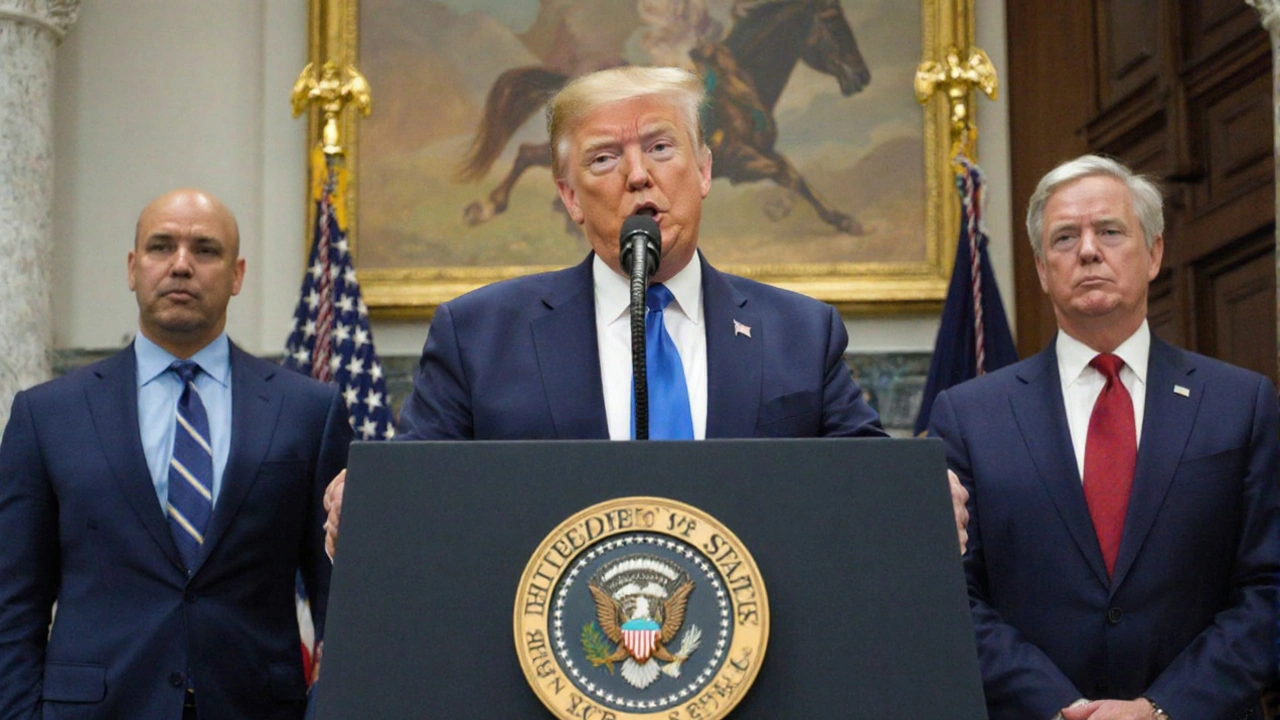Trump Health Warning – What You Need to Know Right Now
If you’ve seen headlines about a new health warning involving Donald Trump, you’re probably wondering what’s real, what’s speculation, and why it matters. The short answer: a recent medical alert has sparked a lot of discussion, and the details are worth unpacking. Below we break down the notice, explain why it’s being talked about, and show you how to keep track of reliable info.
What the warning actually says
The warning came from a public health outlet that flagged a potential risk linked to a condition Trump has previously mentioned. It isn’t a diagnosis, but rather a caution that certain symptoms could worsen if ignored. The notice mentions fatigue, shortness of breath, and elevated blood pressure as red flags that should prompt a doctor’s visit. It also notes that the risk is higher for people with pre‑existing heart issues, which Trump has publicly referenced in the past.
Experts stress that the warning is precautionary, not alarming. They point out that many public figures receive regular medical checks, and a warning like this is meant to keep the conversation transparent. The key takeaway is to watch for the described symptoms and seek professional advice, not to jump to conclusions about any immediate danger.
Why the story matters for politics and the public
Health alerts involving high‑profile politicians tend to ripple beyond the medical sphere. In Trump’s case, the warning has fueled debates about his fitness for office, campaign stamina, and potential policy impacts. Supporters argue that focusing on health distracts from real issues, while critics see it as a legitimate concern for leadership stability.
Beyond politics, the warning highlights a broader lesson: chronic conditions don’t disappear because a person is powerful. It reinforces the need for regular check‑ups and honest health reporting, especially when the individual’s decisions affect millions.
How to stay updated without the noise
The internet is full of sensational headlines, so filtering reliable sources is essential. Look for updates from:
- Official statements from the White House medical team.
- Reputable health organizations such as the CDC or WHO.
- Respected news outlets that cite medical experts.
Avoid blogs that merely repeat rumors without citation. If an article quotes a named doctor or includes links to the original warning, it’s more likely to be trustworthy.
Set up Google Alerts for “Trump health warning” and include phrases like “official statement” or “medical team.” This way you get fresh, relevant links without wading through click‑bait.
Quick FAQ
Is Trump currently in danger? No official source has declared an immediate health emergency. The warning advises vigilance, not panic.
Will this affect upcoming elections? It could influence public perception, but no legal rule forces a candidate to step down based on a precautionary notice.
Should I be worried about my own health? The symptoms listed are common warnings for many conditions. If you experience them, talk to a doctor regardless of any political news.
Staying calm, checking facts, and keeping an eye on credible updates will help you navigate the story without getting tangled in hype.

Trump warns pregnant women about Tylenol, sparks medical uproar over autism link
President Trump told pregnant women to skip Tylenol, saying it fuels autism, while promoting leucovorin as a cure. Doctors and autism experts slammed the claim, noting the evidence is flimsy and urging families to follow established medical advice. The controversy highlights the clash between political statements and scientific consensus on drug safety during pregnancy.
Categories
- Sports (146)
- Politics (22)
- Entertainment (20)
- World (15)
- News (10)
- Lifestyle (8)
- Business (6)
- Technology (3)
- Health (3)
- Environment (2)
Popular Articles



